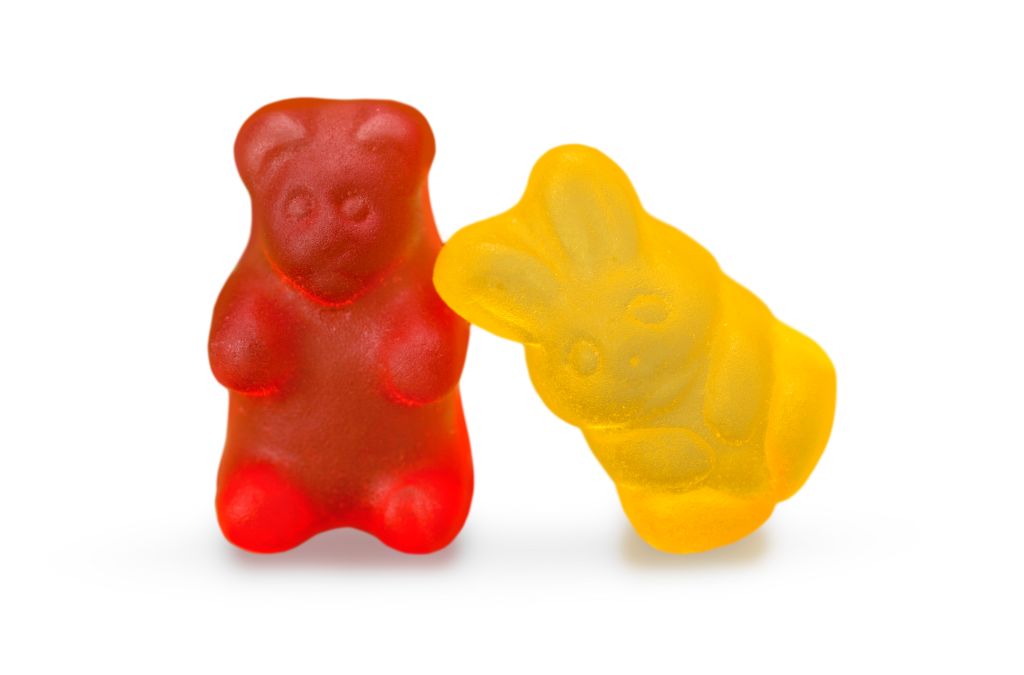
With the growing popularity of cannabis products, consumers are often faced with a variety of options. Among these, Delta-9 gummies and Delta-9 tinctures have emerged as popular choices. Each offers unique benefits and potential drawbacks, making the decision between the two a matter of personal preference and specific needs.
Understanding Delta-9 THC
Delta-9-tetrahydrocannabinol (THC) is the primary psychoactive compound found in cannabis. It is responsible for the “high” that users experience. delta 9 THC gummies cognitive function interacts with the body’s endocannabinoid system, influencing mood, perception, and various physiological processes.
Delta-9 Gummies: A Tasty Option
Delta-9 gummies are edible products infused with THC. They are known for their convenience and ease of use. Here are some reasons why individuals might choose gummies:
- Flavor Variety: Gummies come in a wide range of flavors, making them an appealing choice for those who enjoy sweet treats.
- Discreet Consumption: Gummies are easy to consume without drawing attention, making them suitable for public settings.
- Pre-measured Doses: Each gummy typically contains a specific amount of THC, allowing for precise dosing.
Despite these advantages, gummies have some limitations. The onset of effects can be delayed, often taking 30 minutes to two hours to manifest. This delay can lead to overconsumption if users are not patient.
Delta-9 Tinctures: A Versatile Choice
Delta-9 tinctures are liquid extracts that can be taken sublingually or added to food and beverages. They offer several benefits:
- Rapid Absorption: When taken sublingually, tinctures can produce effects within 15 to 30 minutes.
- Customizable Dosing: Tinctures allow users to adjust their dosage drop by drop, providing flexibility.
- Long Shelf Life: Tinctures are typically more stable than edibles, maintaining potency over time.
However, tinctures may not be as palatable as gummies, and some users may find the taste of the carrier oil or alcohol unpleasant.
Comparing Effects and Potency
The effects of Delta-9 THC can vary based on the method of consumption. Gummies and tinctures differ in terms of onset, duration, and intensity:
- Onset: Tinctures generally act faster than gummies, making them suitable for those seeking quick relief.
- Duration: Gummies may provide longer-lasting effects, which can be beneficial for sustained symptom management.
- Intensity: The intensity of effects can vary based on individual metabolism and tolerance levels.
Case Studies and User Experiences
Several users have shared their experiences with Delta-9 products. For instance, a study published in the Journal of Cannabis Research highlighted that individuals using tinctures reported quicker relief from anxiety compared to those using edibles. Conversely, some users preferred gummies for their prolonged effects, which helped with chronic pain management.
Another survey conducted by a cannabis advocacy group found that 60% of participants favored gummies for their taste and ease of use, while 40% preferred tinctures for their rapid onset and dosing flexibility.
Safety and Side Effects
Both gummies and tinctures carry potential side effects, including dry mouth, dizziness, and impaired coordination. It’s important for users to start with a low dose and gradually increase it to find their optimal level.
Additionally, consumers should be aware of the legal status of Delta-9 THC in their region, as regulations can vary significantly.
Making the Right Choice
Choosing between Delta-9 gummies and tinctures depends on individual preferences and needs. Consider the following factors:
- Desired Onset Time: If quick effects are a priority, tinctures may be the better option.
- Taste Preferences: Those who enjoy flavored products might lean towards gummies.
- Dosing Flexibility: Tinctures offer more precise control over dosage.
Conclusion
Both Delta-9 gummies and tinctures offer unique advantages and potential drawbacks. Gummies provide a tasty, discreet, and pre-measured option, while tinctures offer rapid absorption and customizable dosing. Ultimately, the choice between the two will depend on personal preferences, desired effects, and lifestyle considerations. By understanding the differences, consumers can make informed decisions that align with their needs and enhance their cannabis experience.